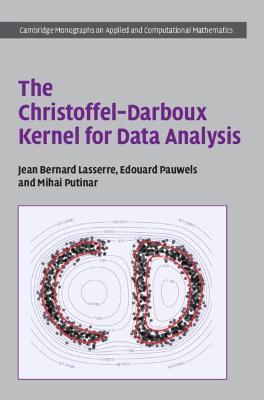Improving Homeland Security Decisions
 -10%
portes grátis
-10%
portes grátis
Improving Homeland Security Decisions
Tambe, Milind; von Winterfeldt, Detlof; Abbas, Ali E.
Cambridge University Press
11/2017
784
Dura
Inglês
9781107161887
15 a 20 dias
1220
















